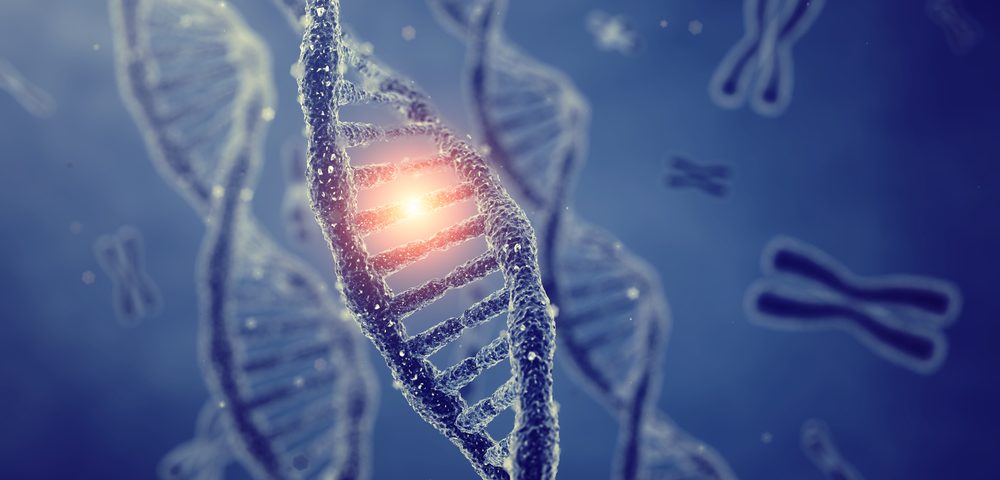New clinical data about the role of genetics in endometriosis was presented by Juneau Biosciences at the 65th Annual Scientific Meeting of the Society for Reproductive Investigation (SRI).
The conference, where leading scientists and clinical investigators gather annually to share cutting-edge information about reproductive sciences and women’s health, took place March 6-10 in San Diego, California.
Hans Albertsen, PhD, chief scientific officer of Juneau Biosciences, presented the oral session, “Rare Synonymous Mutations Show Strong Association with Endometriosis.”
He reported that a study in 1,077 women with surgically proven endometriosis suggests that uncommon mutations may take part in endometriosis’ genetic predisposition, even when those DNA variants do not alter the structure of the gene-encoded protein.
The poster, “A Family with over 200 Women with Confirmed Endometriosis Suggesting Autosomal Dominant Influence,” was presented by Kenneth Ward, MD, CEO of Juneau Biosciences.
Researchers analyzed a genealogy database of 32 million ancestors of the current western U.S. population. Their analysis revealed that in a single family with endometriosis over 19 generations, the more recent ones had a higher incidence of the disease. They also noted that millions of women might carry this genetic risk factor.
Ward also presented the poster, “Large Effect Mutations Found in Endometriosis Genes Implicated by GWAS.” It consisted of the first comprehensive study of previously identified endometriosis-related mutations via genome-wide associated studies (GWAS).
The research showed that the identified DNA variants are strong risk factors for endometriosis development, confirming the important role of certain genes in the development of the disease.
“We understand that endometriosis runs in families, and the precise genetic mechanisms behind this disorder are now coming into focus,” Ward said in a press release.
“Results from Juneau’s studies are being assembled into genetic tests to more accurately diagnose women with endometriosis symptoms, as well as predicting disease in women at high risk for developing this disorder,” he said.
Bradley Robinson, president and CEO of Predictive Technology Group, partner of Juneau Biosciences, said all three studies address “the tremendous value of research in the role genetics play in endometriosis.”
“We look forward to incorporating these valuable insights into the development of genetically based test and targeted therapies that can be employed at a much earlier stage to help mitigate the effects of this disorder,” Robinson added.

